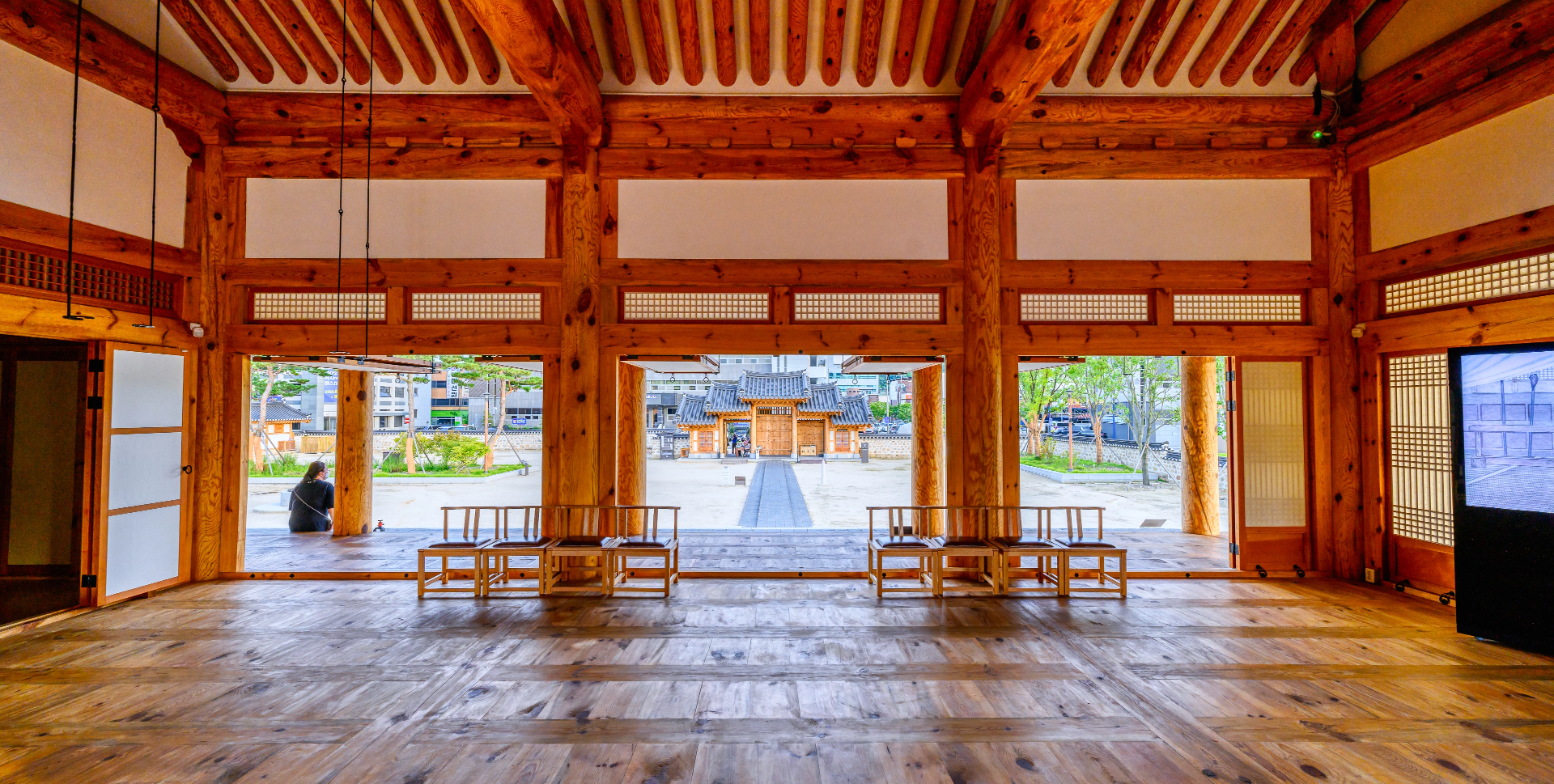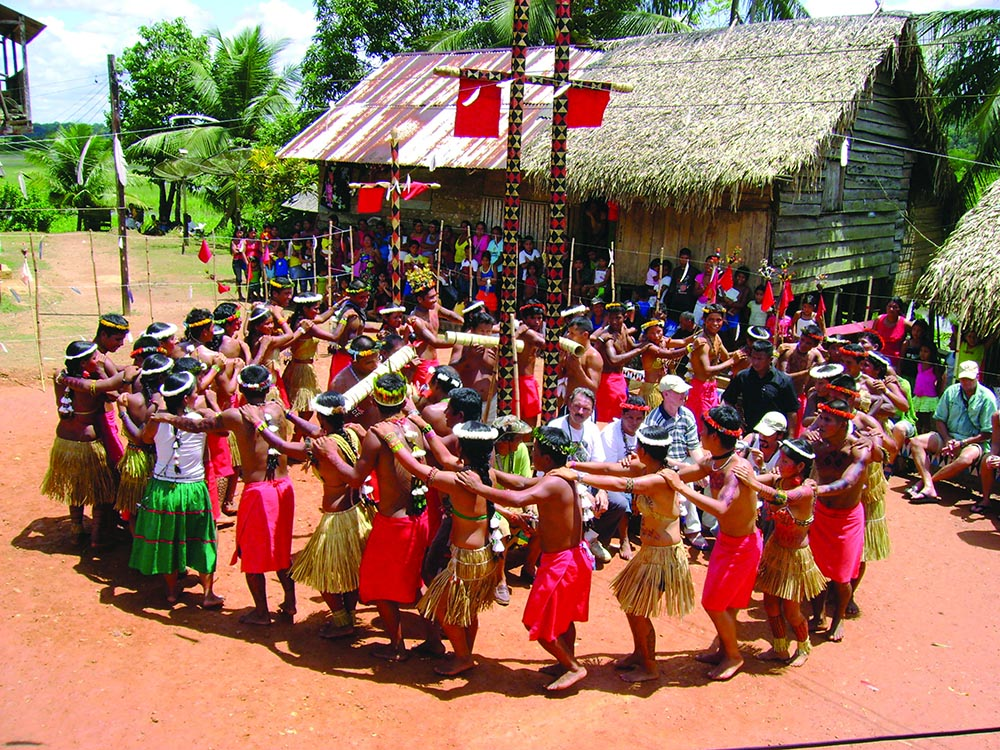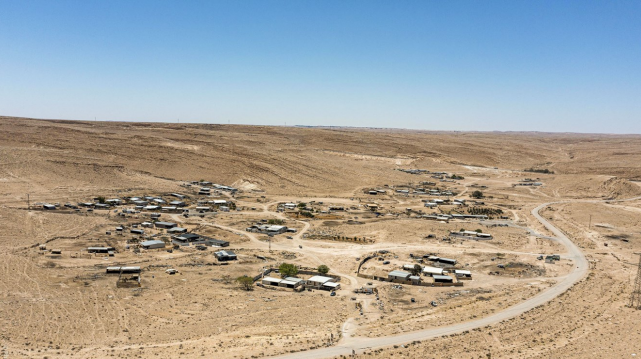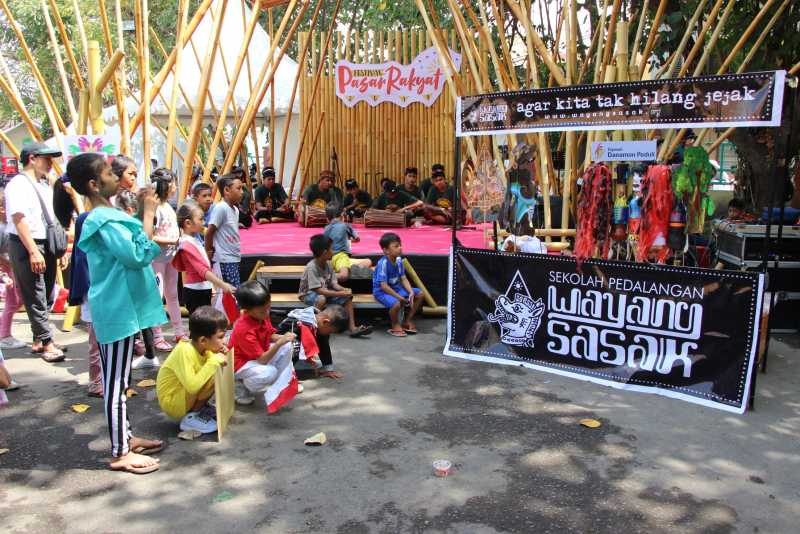
2026 JIAPICH
Based on the Jeonju Declaration on the Protection of ICH adopted
by the first international intangible heritage decree in 2017,
The Jeonju International Awards for Promoting Intangible Cultural Heritage (JIAPICH)
aims to encourage the model safeguarding practices of ICH in the global community
regardless of nationality , ethnicity, religion, race, age, gender, or any other political, social, economic or cultural orientation.
2026 JIAPICH Schedule
February 1, 2026 - April 30, 2026
2026 JIAPICH Guidelines
Based on the Jeonju Declaration on the Protection of ICH adopted by the first international intangible heritage decree in 2017,
The Jeonju International Awards for Promoting Intangible Cultural Heritage (JIAPICH)
aims to encourage the model safeguarding practices of ICH in the global community regardless of nationality ,
ethnicity, religion, race, age, gender, or any other political, social, economic or cultural orientation.
2026 JIAPICH Schedule
February 01, - April 30, 2026.
Eligibility Criteria
Groups or individuals in the safeguarding and promotion of ICH
Submission Period
February 1- April 30
Awarded Prize to the 2026 JIAPICH Finalist
The 2026 JIAPICH Plaque and $30,000 USD to be split among 2026 JIAPICH Finalists (up to 5 finalists)
Evaluation Criteria
- Involved in the safeguarding & promotion of ICH transmission activities
- Exemplary cases of ICH activities in the applicant’s domain
- Have shown the propensity to uplift and uphold ICH Stakeholders and communities
- Exemplary cases of ICH activities in the applicant’s domain
- Have shown the propensity to uplift and uphold ICH Stakeholders and communities
Important Dates
February 1 – April 30: 2026 JIAPICH Application Submission Period
May: Review and Public Verification Period
June 1: 2026 JIAPICH Finalist Announcement & Public Verification
September - October: The 2026 JIAPICH Ceremony (exact dates TBD)
May: Review and Public Verification Period
June 1: 2026 JIAPICH Finalist Announcement & Public Verification
September - October: The 2026 JIAPICH Ceremony (exact dates TBD)

2025 JIAPICH Finalists

Iepé
(Indigenous Research and Training Institute)
Iepé – Indigenous Research and Training Institute is a cultural organization dedicated to the safeguarding of the tangible and
intangible cultural heritage of Indigenous peoples in Brazil. Since its establishment,
Iepé has developed a range of strategies to strengthen the cultural and political capacities of Indigenous communities,
supporting their efforts to manage their territories according to their own systems and to pursue sustainable development and
the realization of their rights. Iepé also assists in ensuring that Indigenous cultural heritage can be officially recognized as
Intangible Cultural Heritage.

Keshet NGO
Keshet NGO has been actively working to safeguard and revitalize the intangible cultural heritage of the
Bedouin communities living in the Negev Highlands of southern Israel. Through documentation and reactivation of traditional agricultural techniques,
ecological knowledge, and oral traditions, Keshet helps safeguard the Bedouins' unique cultural practices and environmentally harmonious way of life.
The organization also advocates for policy reform and legal recognition of unrecognized Bedouin villages,
which remain excluded from public infrastructure and state services due to their unofficial status.

Wayang Sasak Puppetry School
The Wayang Sasak Puppetry School is an institution established to revitalize the endangered tradition of Sasak puppetry in Lombok, Indonesia.
Moving away from the formerly exclusive family-based transmission system, the school provides open,
informal education that allows any youth to learn puppetry arts. Alongside practical training in performance, music, and puppet-making,
the school also engages in digital archiving, traditional music recording, and curriculum sharing to ensure both documentation and
transmission of Sasak puppetry.